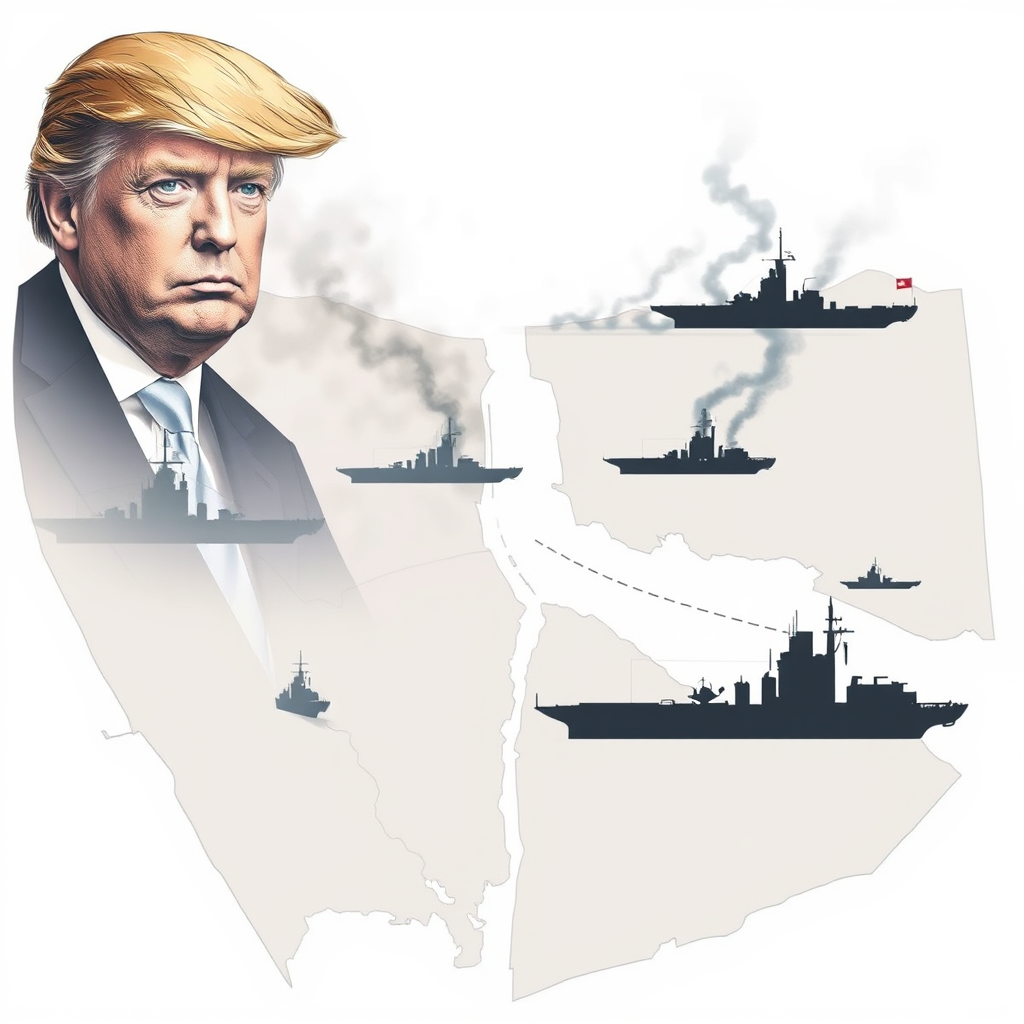Trump’s Iran Policy Shift Risks New War

The shift in Donald Trump’s stance on foreign intervention, particularly regarding Iran, is striking. Just years after campaigning on a promise to extract the United States from endless wars, the former president is now signaling a potentially escalating involvement in a volatile Middle Eastern conflict. His abrupt departure from the G-7 summit in Canada, citing the need to address escalating tensions between Israel and Iran, underscored a seriousness he hadn’t previously demonstrated regarding the region.
The situation is fraught with risk. Israel’s unexpectedly effective attacks have cornered Tehran, raising the specter of retaliatory strikes through its network of proxy forces – a direct threat to U.S. interests both within the region and beyond. The potential unraveling of the burgeoning Arab-Israeli strategic alignment, and the broader implications for long-term U.S. commitments to the Middle East – potentially diverting resources from the critical focus on countering China’s influence in the Pacific – are significant. Conversely, a decisive Israeli victory could destabilize the region in different ways, potentially fostering greater Arab-Israeli cooperation while simultaneously weakening Iran’s regional power and delivering a setback to China’s ambitions.
Trump’s maneuvering is complicated by domestic political realities. His base, largely supportive of his “America First” isolationist platform, may balk at deeper entanglement in another Middle Eastern conflict, especially given the recent, widely criticized withdrawal from Afghanistan. Yet, he has already authorized a bolstering of U.S. military presence, repositioning naval assets towards the region. This suggests a willingness to act, despite campaign promises.
The strategic importance of Iran, controlling access to nearly a third of the world’s crude oil through the Strait of Hormuz, adds another layer of complexity. Increased maritime alerts regarding potential electronic interference with navigation systems highlight the escalating tensions and potential for disruption.
The catalyst for a more aggressive U.S. response, according to Matthew Pottinger, a former Trump National Security Advisor, would be a direct Iranian attack on American interests. Pottinger points to past Iranian attempts to assassinate Trump and target an Iranian-American journalist as evidence of Tehran’s willingness to act aggressively and its perceived lack of fear of retaliation.
Trump’s recent rhetoric – demanding Iran’s “unconditional surrender” and criticizing its leaders for rejecting past negotiation attempts – signals a hardening of his stance. While he once suggested Iran could have avoided its current predicament through dialogue, that door now appears firmly closed. The situation is rapidly evolving, and the potential for miscalculation on either side remains high. It’s a dangerous moment, and Trump’s shift from non-interventionist to potentially confrontational represents a significant departure from his previously stated foreign policy goals.